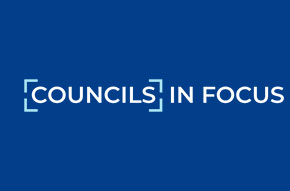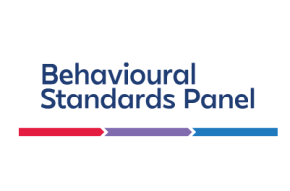- Local government
- Office of Local Government
- Local Government Grants Commission
- Local Government Boundaries Commission
- Outback Communities Authority
- Councils in Focus
Local government
The Office of Local Government advises on the constitution and operations of local government.
This includes whole of government policy, which affects local government and the relationship between state government, councils and associated representatives.
 Office of Local Government
Office of Local GovernmentConsults with local councils and advises on the constitution and operations of local government.
 Local Government Grants Commission
Local Government Grants CommissionDistributes commonwealth financial assistance grants to local governing authorities.
 Local Government Boundaries Commission
Local Government Boundaries CommissionAssesses and investigates council boundary change proposals, making recommendations to the Minister.
 Outback Communities Authority
Outback Communities AuthorityManages and governs the unincorporated areas of South Australia.
 Councils in Focus
Councils in FocusA financial position and performance snapshot of South Australia’s local government sector.
 Behavioural Standards Panel
Behavioural Standards PanelIndependent statutory body to resolve difficult behavioural issues involving council members.